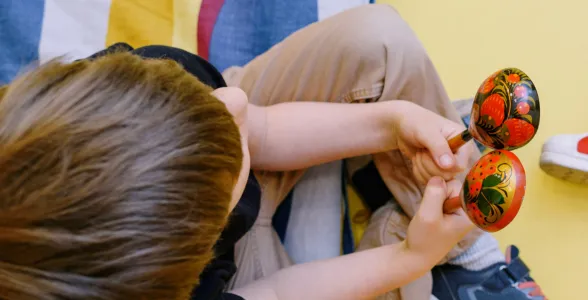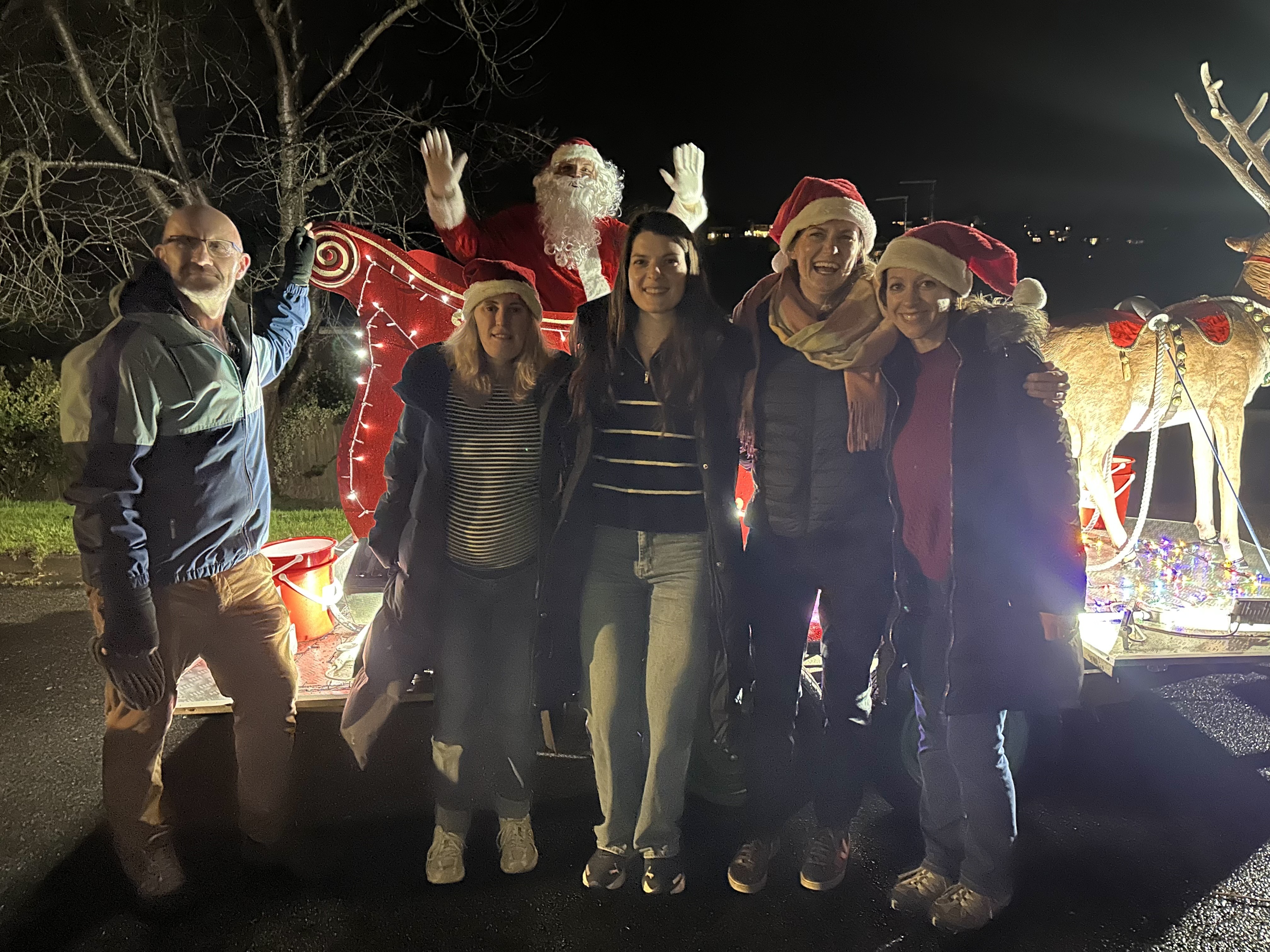
Use Your Voice: Aphasia
At Chiltern Music Therapy, we are passionate about empowering others to "use their voice" - whether this be musically, functionally and/or metaphorically.
We are dedicating the month of August to sharing inspirational stories, and providing helpful information and tips. Today we are focusing on Aphasia.
Our online aphasia groups provide valuable support to those who are relearning communication skills following a stroke.
Aphasia is a language disorder caused by damage in a specific area of the brain that controls language expression and comprehension. Aphasia is often classified as "expressive" or "receptive", depending on whether there are difficulties with understanding or expressing language, or both. People with aphasia can also have difficulty with reading and writing.
The language centre that we use when speaking is generally located on the left side of our brains. However, when we engage in vocal exercises or singing, this engages a different part of the brain - the right hemisphere. In music therapy, we are able to use music-based voice exercises and singing to help our clients access other ways of communicating, and then work with them using this alternative ‘in’ to begin to help rewire the neural speech pathways in their brain.
In our online groups we provide a space for clients to improve communication skills like breath support and articulation of different sounds and words, as well as explore strategies to support them with everyday phrases. All of these skills are explored within music-based exercises and activities using recognised clinical techniques from Neurologic Music Therapy. To ensure our groups are motivating, fun, and manageable, we integrate our members’ preferred songs and give opportunities to support with cognitive skills as well emotional wellbeing and relaxation too.
For further information about our Aphasia work or our online aphasia group, please contact info@chilternmusictherapy.co.uk or call the Chiltern Music Therapy office on 01442 780541.
Support our Work
Help us to provide Music Therapy to the most vulnerable and isolated members of our society
Donate here

.webp)


.png)